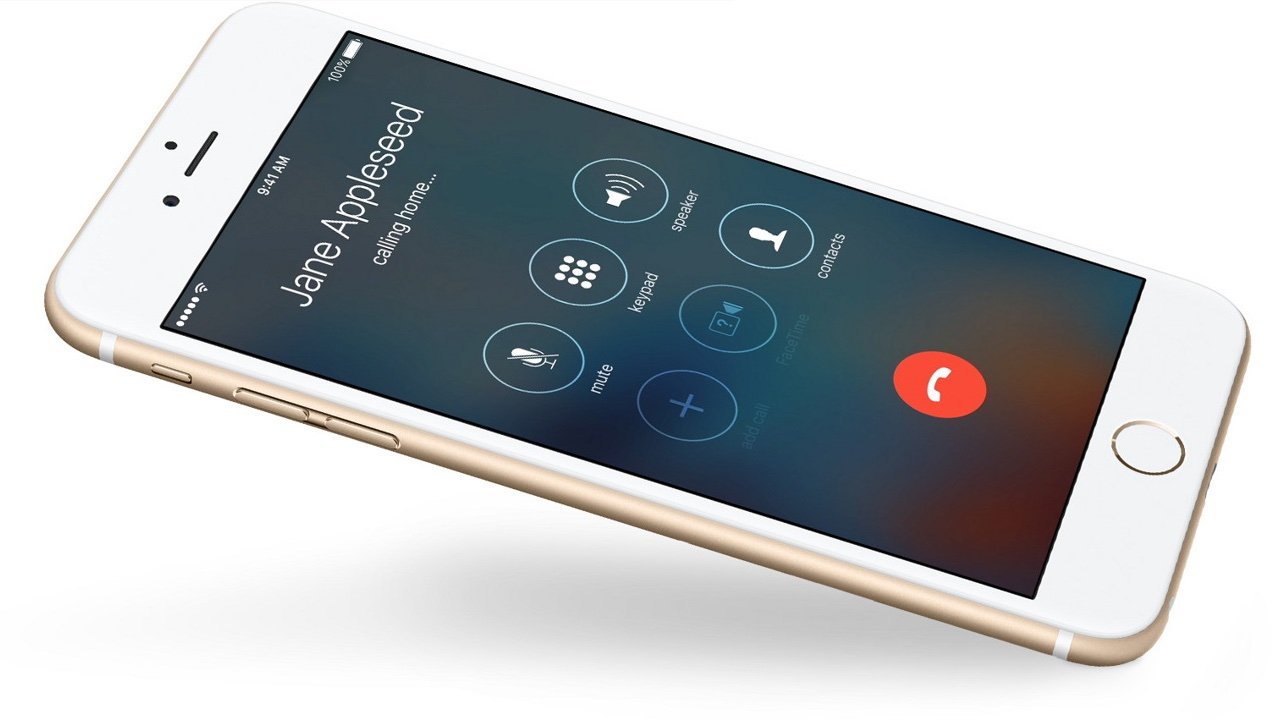Caltech ends $1 billion patent case against Apple and Broadcom
Caltech's seven-year legal battle over Apple and Broadcom allegedly using its Wi-Fi patents has now been settled.

This is what the iPhone looked like when Caltech's legal case began
The case was expected to be concluded after the California Institute of Technology (Caltech) said in a court filing in August 2023 that a "potential settlement [has been] reached." That filing gave no more details, but said that a previously-scheduled status conference would continue on August 24, 2023.
It was also reported that the three companies were due to file a new, joint status report by August 18, 2023. It's not clear now whether that happened on schedule, but according to Reuters, Caltech has now formally filed a "request for dismissal" of the case.
The full, and rather short, court filing says that the company wishes to "hereby request and stipulate that all claims and counterclaims... be dismissed with prejudice." It stated this specifically over its dispute with Broadcom, but then added another line about Apple.
"In addition, Caltech respectfully requests that all counterclaims asserted by Apple also be dismissed with prejudice, with each party bearing its own costs and attorneys' fees," it continues. "Broadcom does not oppose this request."
Dismissing the case "with prejudice" means it cannot be refiled.
The case began in 2016 with Caltech accusing Apple and Broadcom of violating four of its Wi-Fi patents. In 2020, it won the case, with Apple ordered to pay $838 million for patent infringement, and Broadcom to pay $270 million.
Naturally, Apple and Broadcom appealed, and in 2022 did get a new trial. Significantly, though, the new trial was concerned only with the amount of damages the companies were to pay -- there was no question of overturning the guilty verdict.
None of the companies involved have commented publicly on the settlement.
Read on AppleInsider

Comments
seems like a chasing the biggest pocket strategy
And did Broadcom not have a single other customer than Apple for a the infringing WiFi chips?
I feel like there is some missing info since the beginning of this lawsuit.
As for the due diligence issue, it's very likely that Broadcom's contract with Apple provided some degree of indemnification for a situation like this. Indeed, the Federal Circuit's opinion and some things said in one of Apple and Broadcom's (somewhat redacted) briefs strongly suggests as much.
The Federal Circuit vacated the infringement finding with regard to one of the three patents. That aspect of the decision doesn't seem to have been reported on as much and in some cases it's been inaccurately reported on. The Federal Circuit also vacated the damages award, and the reason for that goes to your point.
One method that's used to determine damages when there's been a finding of infringement is to try to figure out what likely would have resulted from a negotiation between the parties. Jurors (or a judge) hear(s) evidence (e.g. expert testimony or royalty rates agreed to by different parties) relating to such hypothetical negotiations. They use that to determine appropriate damages. In this case Caltech argued that it could negotiate separately with Apple and Broadcom and it could reach two separate agreements with very different royalty rates - $0.26 per unit for Broadcom and $1.40 per unit for Apple. It argued that it could give Broadcom a license which excluded all chips that it sold to Apple. Then it could give Apple a license for its Broadcom chips at a much higher royalty than Broadcom was paying for its non-Apple chips. The jury accepted that argument and used a much higher royalty rate to determine the damages against Apple than it used to determine those against Broadcom.
The Federal Circuit said no to that. It concluded that Caltech's evidence wasn't sufficient to support that two-tier damages approach. The Federal Circuit's reasoning likely meant that Caltech would have received a much smaller damages award against Apple in a retrial.